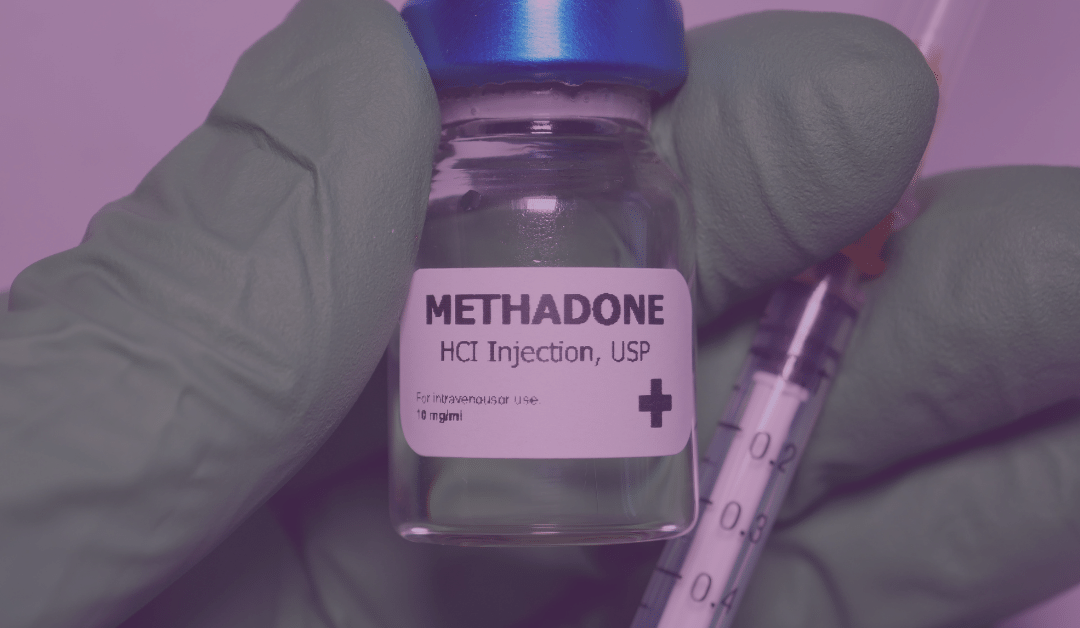This is another area where stigmas around addiction still persist and where there is still much to be learned.
There are several things to think about when considering medically assisted treatment.
For a long time, abstinence-only approaches, where the person abstains from any drug whatsoever, were the only ones known to positively affect addiction outcomes. This is no longer true.
While abstinence is may be necessary for severe substance use disorder, medical advances have discovered treatment protocols for addiction that sometimes include medication, often an opioid derivative, that significantly reduces cravings but does not have psychotropic effects.
Withdrawal from opioids in particular is incredibly challenging.
Even after the withdrawal period, the powerful cravings for the substance can be very difficult to resist. The body’s physical dependence on the substance is very challenging to overcome.
In light of the skyrocketing rates of opioid addiction and fatal overdoses, opting for medically assisted treatment can be life-saving. And the statistics overwhelmingly bear this out. A person cannot recover if they die from an overdose.
Depending on the level of use, withdrawal from alcohol is also very challenging and will need to be medically assisted to prevent seizures, and even the risk of cardiac arrest. For that reason, I want to make the side not that, if your loved one is heavily drinking, removing all sources of alcohol from them can have life-threatening consequences. I do not suggest doing this.
That said, there are some, and these are usually people from complete abstinence-based programs, that claim medically assisted treatment is not abstinence.
However, if a doctor recommends medically assisted treatment, there are a few things to keep in mind:
You may find that this is not even a debate worth getting into simply because the studies have unequivocally shown that medically assisted treatment saves lives.
Because it greatly reduces withdrawal symptoms and cravings, medically assisted treatment is scientifically proven to reduce opioid related fatal overdoses in particular.
If your loved one is addicted to opioids, medically assisted treatment helps keep your loved one alive – which is important! This is also true to a lesser degree for alcohol.
That said, it is also important to note that medically assisted treatment does nothing to alter any of the other factors that contributed to your loved one’s addiction, and it does not necessarily improve your loved one’s quality of life.
Your loved one will still have to address the other factors that contribute to their drug use – the people, the triggers, the stress, etc.
They will still have to rebuild their life, in other words. The medication will not do that part for them.
Furthermore, some treatment professionals believe that medically assisted treatment can interfere with an accurate diagnosis of any other co-occurring disorders. And not treating those co-occurring disorders will significantly increase the risk of relapse.
So this is a subject you will want to discuss thoroughly with a treatment professional.
The amount of time your loved one may need to remain on medication will depend. That can only be determined between your loved one and a qualified treatment professional.
Lastly, there is a chance your loved one can also abuse those medications, and it can be difficult to find a doctor certified to oversee your loved one’s medically assisted treatment as they require a special certification to prescribe these medications. That said, telemedicine is having a positive impact on this problem.

Recent Comments